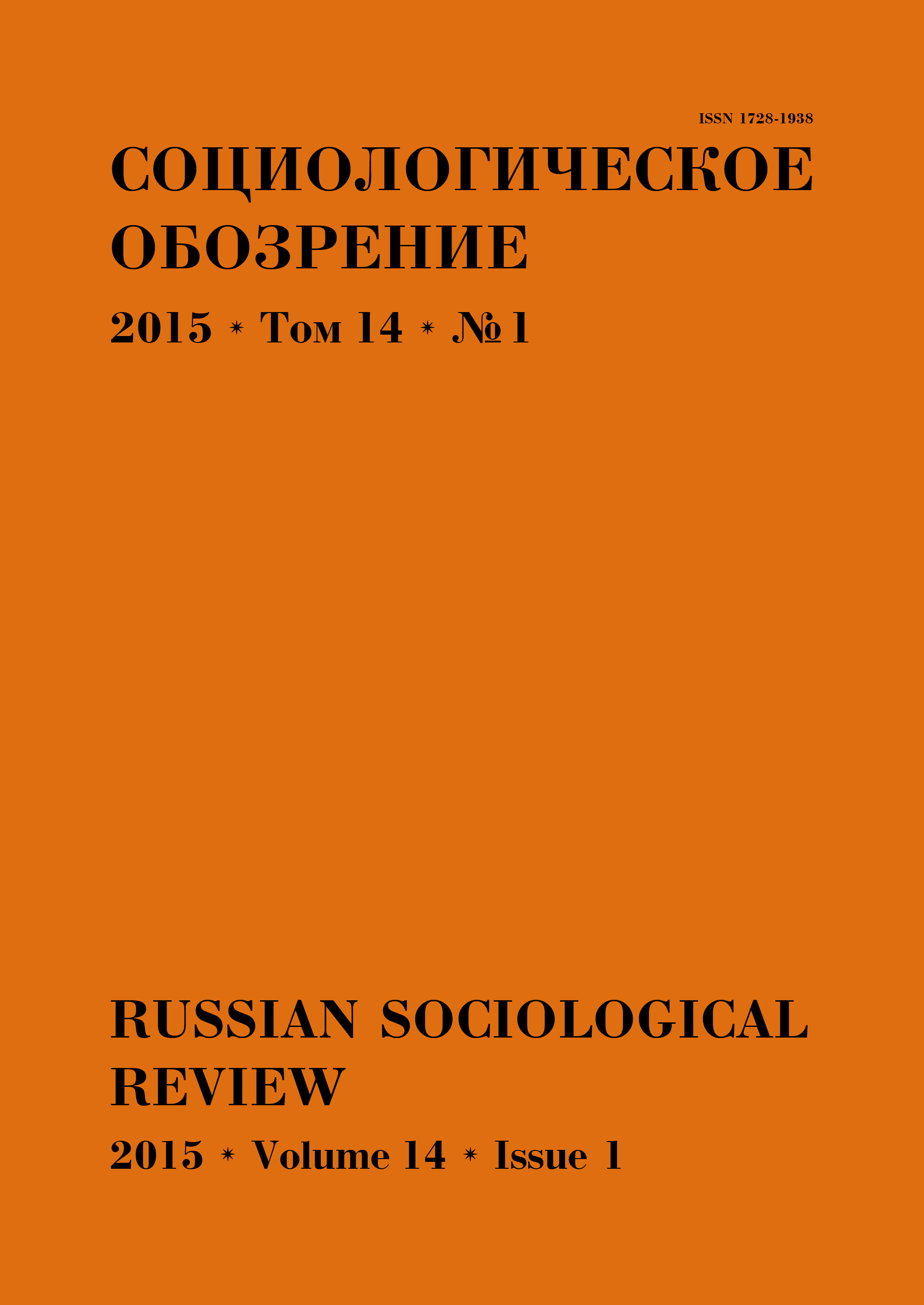Temporal Semantics of the Word “Obshestvo” (11th — Beginning of the 19th Centuries)
Abstract
It would not be an exaggeration to assume that the Begriffsgeschichte studies (history of concepts) are now spreading through practically all fields of the Humanities. Its initial proposal was to explore the sociopolitical lexicon as a tool for creating history. It paid attention to the idea of untranslatable concepts in particular languages, despite the fact that they often have the same Latin or Greek roots (like “society,” “société,” “società,” “sociedad,” etc.). But the cases where one word is supposed to convey the meaning of the Latin root by using a root original to this given language are still relatively unexplored. Such is the case of the Russian language where the concept of “society” was expressed initially by the word “obshchestvo,” derived from the Slavic root “obshch-,” meaning “common.” From the linguistic point of view, we suggest that the traditional question “When did the word ‘obshchestvo’ obtain its sociopolitical meaning?” should be replaced by the following: “What meaning of this Russian word has become a political one?” To answer this question, we should explore the proper linguistic conditions of this transition. This means finding out how it is possible to linguistically/politically arrive from the constructions like “the community of the wellness” (obshchestvo blaga) to the patterns of “the thoughts of the society,” “the soul of the society,” or “the suffering society.”




